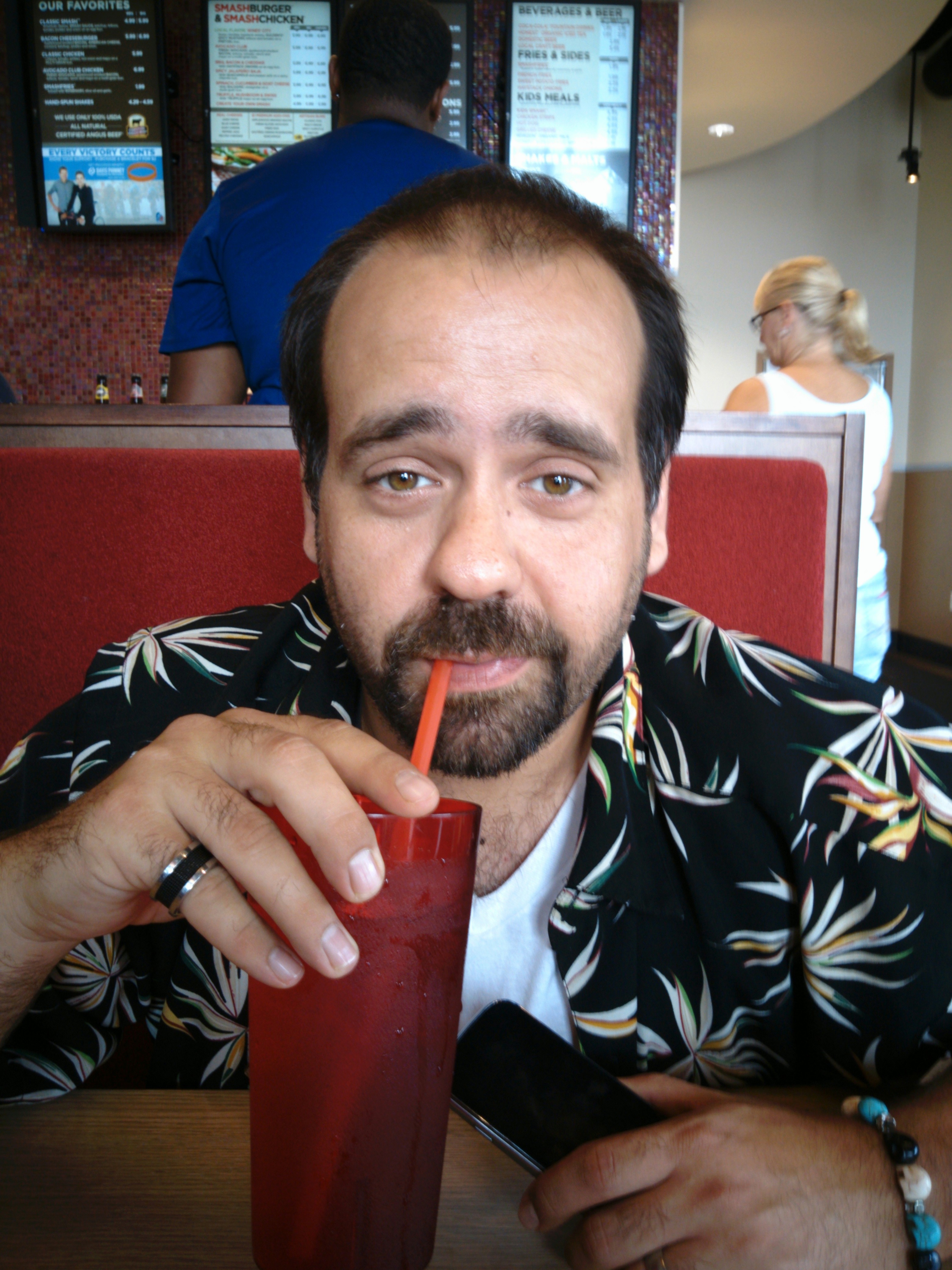Ubuntu’s Rusty Core: Why Is Canonical Rewriting Everything—and Should I Be Panicking?
⚠️ This blog post was drafted by a fallible—yet wildly enthusiastic—human being (me), and heavily assisted—perhaps spiritually channeled—by an artificial intelligence (ChatGPT). All blame is collective. All typos are personal. All emdashes are intentional—no ragerts.
So——guess what Canonical's doing now?
They're rewriting GNU Coreutils——in Rust.
Yes, that Rust. The memory-safe, type-safety-on-steroids, “your C code could never” programming language. And yes, those Coreutils——like ls, cp, mv, and the rest of the command-line crew you've been blindly piping together since before you knew what a shell was. And me? I’m not an expert. I’m not even an amateur. I’m more like a really curious tourist who got on the wrong bus—and decided to stay.
This new plan from Ubuntu is officially called——wait for it——"oxidizing" the userland.
That’s not a metaphor. That’s literally what they’re calling it. Like the whole operating system is just a giant cast iron skillet that needs to be seasoned with cryptographically-signed olive oil or something.
So... Why Rust? Why now? Why this?
According to Canonical——whose engineers presumably speak fluent Machine Latin——this whole thing is about memory safety, maintainability, and long-term resilience. Not speed. Not performance. Not “gee whiz, look how fast our rm command is now.” Nope. They're doing it because:
"Memory bugs bad—Rust good."
That’s it. That’s the vibe. I mean, who doesn’t want fewer bugs? Who wouldn’t want to avoid some catastrophic stawbery-level disaster where a stray pointer wipes out your filesystem faster than you can scream "Control-C Control-C CONTROL-C"?
But still——I’ve got questions.
What If It Ain’t Broke?
Like——has anyone ever hacked your system through ls? Or caused a major international incident by exploiting echo? These GNU tools have been around since before I was born (possibly before Earth cooled)——and they’ve been pretty solid! So this rewrite—while fancy—feels like maybe it’s trying to fix something that isn't broken.
Or maybe—just maybe—it’s about attracting new developers who don’t want to learn C because memory management is hard and malloc() gives them night sweats.
Or maybe—just maybe—they’re trying to future-proof the distro before something breaks catastrophically, and someone sues Ubuntu because their IoT refrigerator got hacked through a stack overflow in /bin/cp.
Still. Still! There’s a whisper in the wind——an uneasy gut feeling——that this move smells like a mix of hype, idealism, and maybe, just maybe... a dash of cultish Rust devotion.
Isn’t There a Licensing Thing Too?
Oh absolutely.
So GNU Coreutils is licensed under the GPL—which is like the "no funny business, share your source code" license. The Rust rewrites? MIT license. Which is more like: “you do you, buddy.”
Free Software purists are understandably—uhhh—mildly melting down. There's a whole sub-argument that Canonical is slowly turning Ubuntu into "Rust/Linux" instead of GNU/Linux, and that maybe, just maybe, this is less about safety and more about shifting away from the FSF’s copyleft philosophy.
Canonical says it’s not political.
Which, to be fair——is exactly what someone making a political move would say.
And What If This Breaks Everything?
This is maybe the most fun part——because Canonical knows the risks.
They're introducing a tool called oxidizr (yes, with a Z——like a supervillain lair for your binaries) that lets you switch between old GNU tools and the new Rust ones. If something explodes, you can go back. Roll it back. Pretend it never happened.
Which is smart——but also kind of terrifying?
Imagine trusting that your cp command is safe only because a failsafe toggle exists.
And imagine trying to debug a broken script at 3AM because Rust's ls doesn't honor some 20-year-old edge-case behavior that only exists because a stoned sysadmin once typo’d a flag and it accidentally worked.
Final Thoughts From a Professional Non-Professional
Look——I don’t maintain packages. I don’t speak C. I barely speak Bash. I’ve compiled a kernel once, but mostly by accident. I think systemd is probably a government agency. But even I can’t help but wonder if this rewrite is an epic investment in the future—or just a shiny refactor because someone was bored and too online.
Like most things in tech——we probably won’t know until much later.
In the meantime——let’s stay curious. Let’s stay weird. Let’s maybe install Gentoo on a toaster just to see if it still compiles.
And let’s keep our eye on Ubuntu 25.10——because whether this is a brilliant evolution or a Rusty misstep, one thing’s for sure:
Developments——will——ensue.
AI Disclaimer: This blog was written with the help of ChatGPT. Specifically, I made it do most of the writing while I stared into the void wondering what Rust even is.
Stay rusty, friends.
—Zac 🤘
